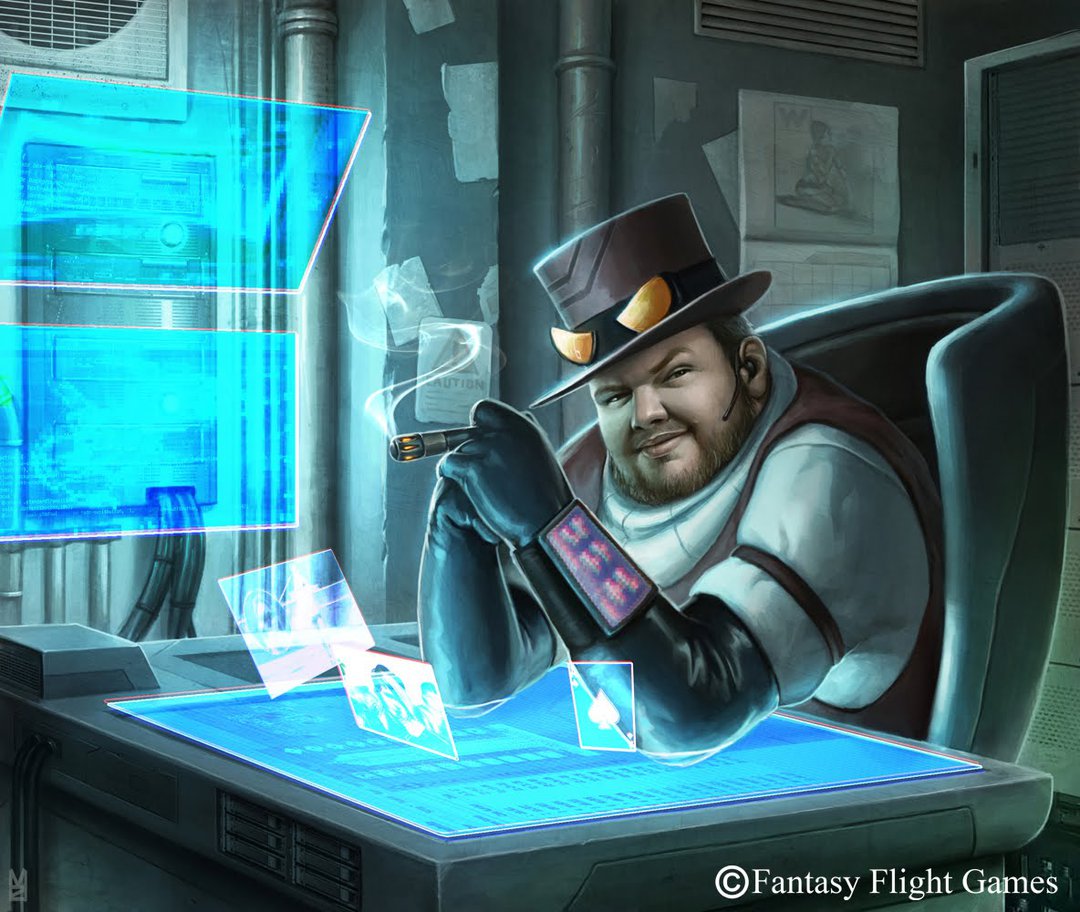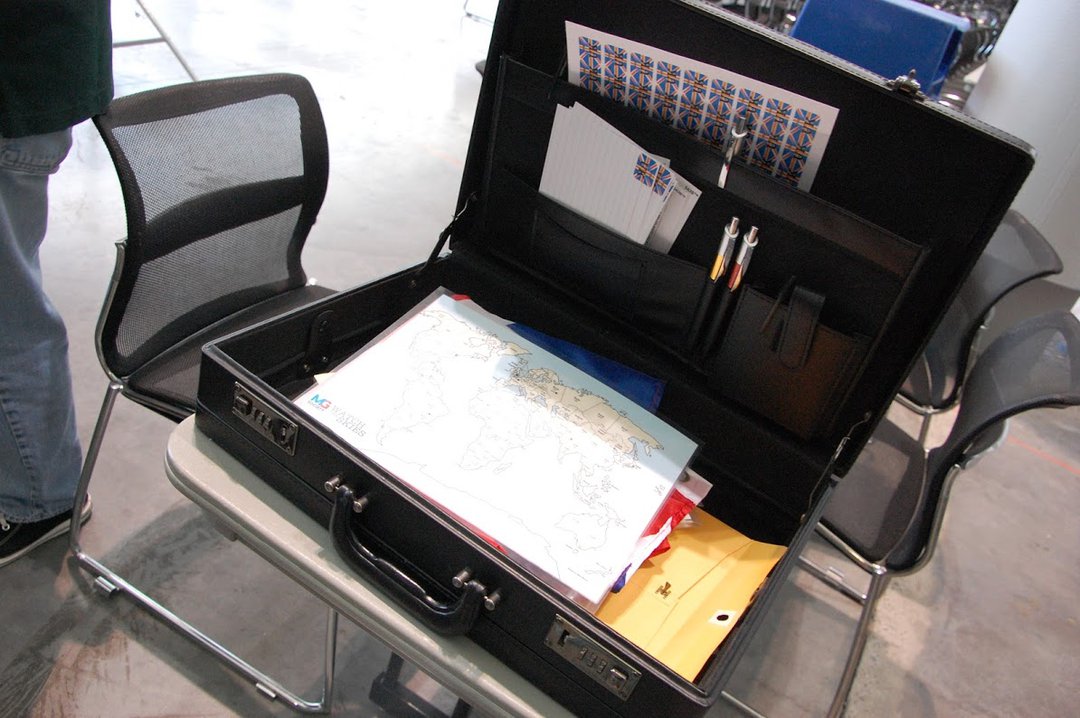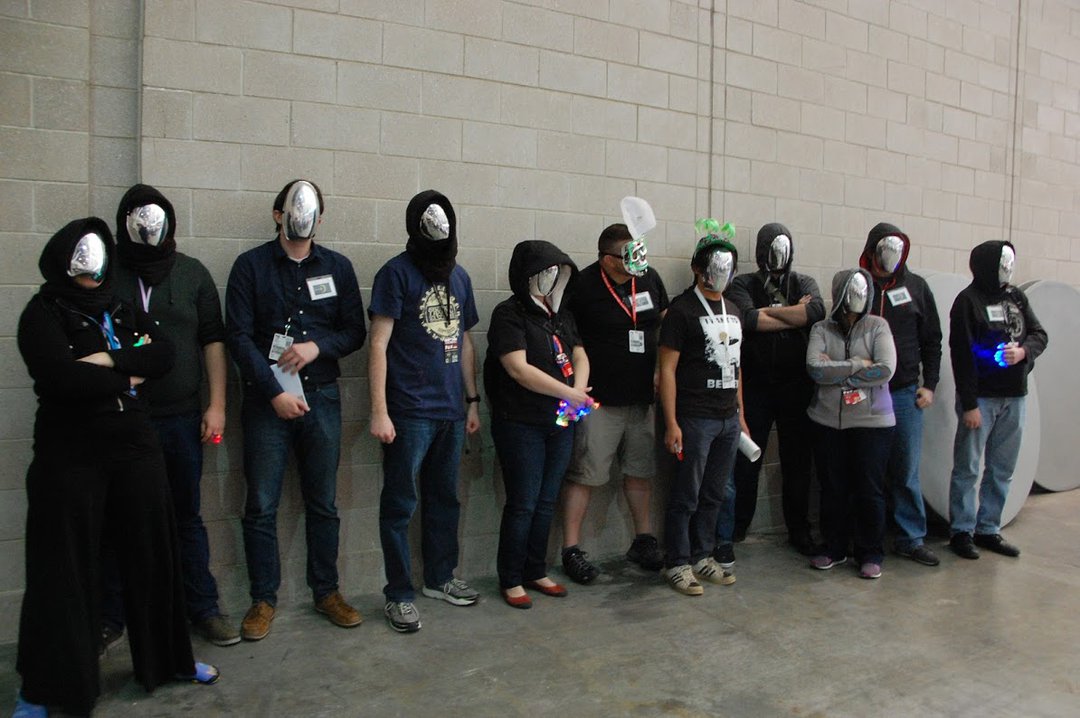I just can't seem to build the damn deck. I'm sitting in my room at home enjoying some quiet time, my cards laid out before me and my deckbuilding app in one hand. For weeks my friends have gently chided me on my impressive netdecking skills. That is to say, they are probably sick of my ability to find decks on the internet that other people have made, tested, tweaked, and perfected. I've been taking these decks to our meetups week after week, looking for something to play that is both compatible with my style and actually effective. Unlike the stuff I usually put together. I'm really not the best when it comes to building decks. When exactly did I become so dependent on other people's creations?
Lets rewind to summer 2016. There was a regionals tournament in New York City, close enough to me to attend. As tournaments go, regionals are big; they regularly reach 60+ participants, and the next largest tournament is a national competition. This was the closest one had ever come to home for me. I was under no delusions that I would make the cut to the top 16 after the Swiss round competition. I don't play nearly enough to be that good at the game, and this had always kept me from attending a regionals. Too long of a drive for too little gain. But here was something so close it was impossible to pass up. I began wondering how far I could actually go. How high up the ladder could I climb? I had a corporation deck I'd put nearly 5 months of work into, adjusting, perfecting. I wanted to test it. Really test it.

I wish I looked this cool sitting over my desk, deckbuilding.
The Problem
Deckbuilding in Android:Netrunner can be a joy in and of itself. It can also be your arch nemesis. I've touched on why I think more people should play this game as well as the experience of playing in a foreign country. Play is only half the game, though. What programs and resources you choose to bring to the table when you hack for those precious agendas, or your flavor of ICE that you employ to lock out a wily runner, are determined when you construct your decks. It's a puzzle you face before you ever crack open your first corporate server, and it's a problem with which both new and experienced players struggle. It can be very tempting to simply jump on the internet, visit the ever popular NetrunnerDB, and copy a deck with which to play. Netdecking, as it's referred to. A behavior frowned upon by no small number in the community.
Netrunner decks are personal. The identities you pick and what you load them with are an extension of your style, your attitude, and your preferences. When you spend time and effort, sometimes weeks or months, working the kinks out of a deck, it can feel cheap for your opponent to waltz in with a netdeck and beat your pants off. He might have grabbed something that won a store championship, something with over 50 games of testing behind it, something that's worked past all the small adjustments your deck is still growing through. The Netrunner community is perhaps the nicest group of players, globally, in gaming today. None of them will tell you not to bring a netdeck to your next casual game night. But that doesn't mean some people still don't prefer it.

Maybe this is the type of vibe you want to channel.
I came 34th out of 67 participants in the NYC regionals. For my first ever regionals and my sixth overall tournament ever, I placed dead middle. Thirty-three players below me and thirty-three above. The top sixteen players continued to the elimination rounds, the then-current world champ among them. The games had been fierce. I had placed reasonably, better even than I'd thought I would. I had gained a small measure of success with my homebrewed decks, determined as I was to take only original creations to the tournament. Over five months of testing on my corporation deck was now complete. I did what many players do following tournament season (as I had no intention to continue through nationals or worlds, tournament season was officially over for me). I went home and began experimenting.
Honing a deck for five months is all well and good, but variety is also a necessity for me. When tournament season concludes, even top players enjoy the release of retiring their much-played creations and digging into all the new cards they've been neglecting. I was no different. I was tired of the same old strategies and lines of play. Like a speed chess player, I could play turns on my corporation deck in about five seconds each. I needed a change. Anything would do. And while I had been preparing for regionals, many were posting their successful decks on the web using all the new stuff I'd been looking forward to getting my hands on. I netdecked one concept. Then I netdecked another. I didn't have the brainpower to start from scratch again, so I let others do half the work. They'd build the decks, and I'd bring them to my weekly meets for some refreshing play.

The artwork in this game remains some of the best I've ever seen, no matter how many new packs get released.
The Controversy
Many, if you ask them, will articulate why they don't like netdecks. It's usually along the lines of: “I don't want to play against a worlds top 16 deck. I want to play my friend.” Using one of the biggest hitters on the decklists can result in very one-sided matches in which you may be having fun but you know the person opposite you most definitely is not. The feeling of resentment can be somewhat lessened if the netdeck is accompanied by a homebrew deck that you swap off to after a game or two. It can also be forgiven if it is “janky” in nature. In other words, the deck uses a non-conventional strategy, underused cards, or is especially combo-y in a weird and amusing way. Both of these compromises allow your opponent to have some breathing room. They perceive that match-up as more fair.
There exists no greater controversy regarding netdecking, however, than in advising new players how to go about building decks. Some camps will say that new players should definitely netdeck, letting someone else worry about the card balance, while the new player learns the mechanics of play itself. Netdecking can help show a new player how a “good deck” works in regards to economy or effective breaker suites. Once you know how to play, and you've seen good decks, you'll know better what you want out of your own, self-built deck. Others say new players should just build for themselves right from the get-go. Members of this camp see self-experimentation and trial as the best road to learning. Build now, learn from your mistakes, master sooner. Look into any local group and you will probably see at least one member from each side of the netdecking controversy. My group is no different.

How I feel sometimes when I try to build new decks.
Recently something—shall we say enlightening—happened at my local meetup. While I had been busy trying everything new under the netdeck sun, the most dedicated “homebrew camp” member of our group had been doing his usual. That is, he'd been playing his not-as-effective-but-always-entertaining decks. Then, one frigid winter evening when only the two of us made it through the inhospitable New York winter to our local meetup, he hit me with his newest creation. It was a revision of a build he'd put together some time ago. The original had been slow, expensive to set up, and didn't ever seem to pack enough punch. Fun to watch in motion, but not something competitive. The new and improved hacker before me used the same basic cards but played them out of a faster setup. It incorporated newer but still unpopular cards that had been relegated to binder fodder. My friend's style to the end. Yet somehow it was brilliant now. Perhaps it wasn't yet up to regionals standards, but it seemed to have become a force to be feared. My money drained away as I was forced to activate all my defensive ICE against my will (the original gameplan) but with additional costs slapped on that sapped my corporate resources away at an alarming rate (the new adjustment). Combined with a newer, more efficient early game setup, my friend's janky homebrew had reached a new level of lethality. I was inspired.

Were you listening to me, Neo, or were you looking at the woman in the red dress?
The Bottom Line
I'm of the camp that thinks netdecking is an acceptable, even encourageable practice, but perhaps not for the reasons you're thinking. Play Netrunner for long enough and you'll begin to see patterns emerging from the net code. Certain combinations of economic cards resurface to sate your need for credits. You see the same breakers used against specific corporations. Particular IDs gravitate naturally towards certain types of builds. There's no need to reinvent the wheel. If there's an ID you want to try, there's no harm in looking to the work of others for inspiration. It's for this very reason that I tell new players to netdeck as much as they want. They can learn what works and then begin substituting cards out for their own selections. Their own personal touch.
Continue playing and building, and eventually netdecking becomes like the library of books you've read over your life. You might not remember every page specifically, but you can recall and draw from their overall wisdom. I look back at my many months netdecking as that sort of reading period. I was unconsciously absorbing ideas, allowing them to stew around in the back of my mind. When I witnessed my friend's crazy deck, honed and deadly while still quintessentially him, it finally came together for me.
I realize now that following regionals I was tired, but I was also afraid. I had spent so long building something that was only moderately successful. I wanted to cut past all the jank and go straight to the stuff that wins. I didn't have the patience to start all over, but I also didn't have the courage to keep trying new cards. Android: Netrunner is a game where new cards are being released all the time, so you can see what a silly position I'd put myself in. Netdecking helped me get over that period. I'm back into building my own decks from scratch again, but I'm no longer confining myself to what netdecks tell me is popular or powerful. If a card looks interesting or just plain fun, my experience with my friend has taught me to simply try it out. There is a joy and beauty in making odd cards work. The odder the card, the more satisfying the build. And the background knowledge I now carry from playing all the decks the internet had to offer helps guide me in putting together my creations. They don't define me any longer, though. I leave that up to my imagination.
Have any interesting tales with your own Netrunner decks? I’d love to hear 'em! Leave me a comment here and we can swap stories. If you want to stay up to date on our latest releases and streaming announcments, check us out on our Facebook or Twitter. Support our Patreon if you feel like dropping a few extra credits to us runners. And safe running!